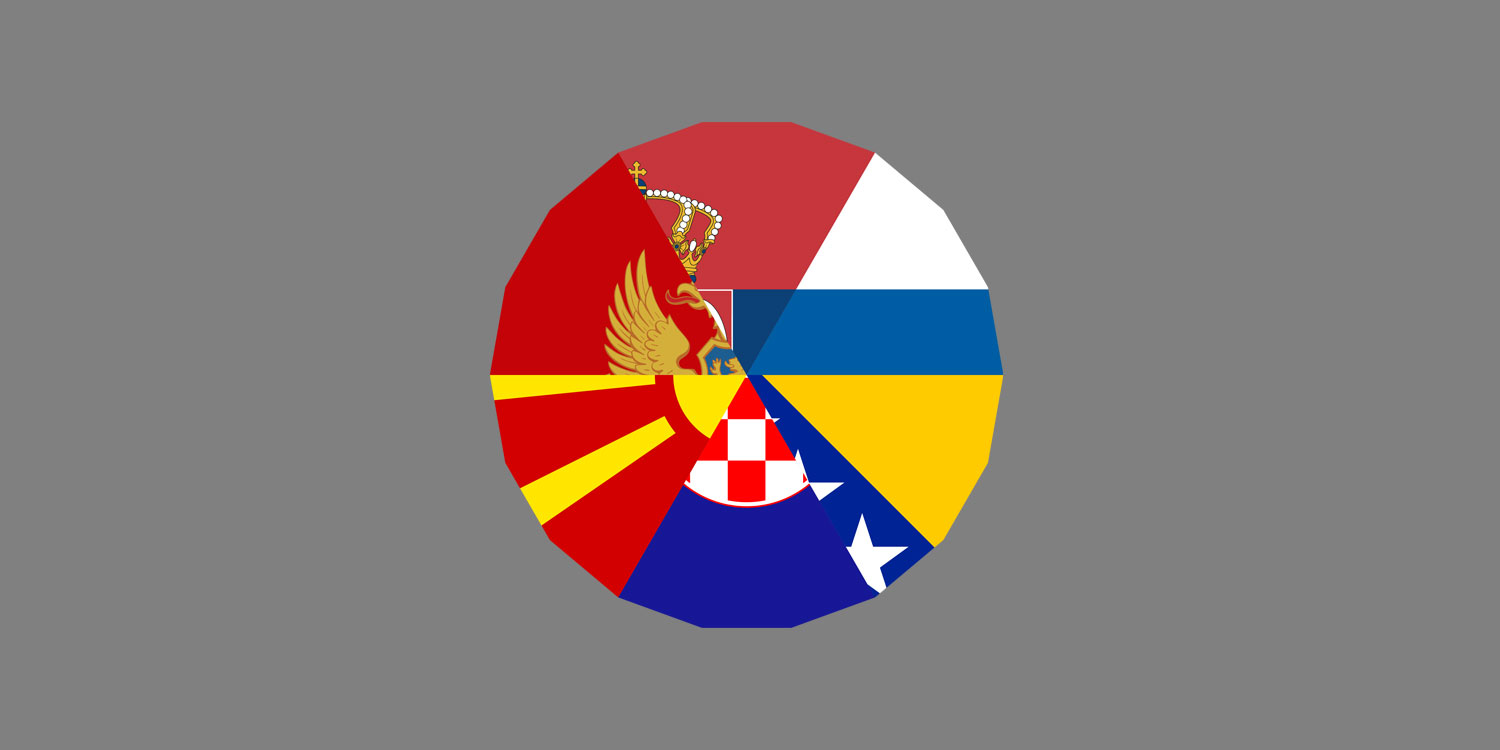Aleksandra Domanović’s film From .Yu to Me (2013) tells the story of the internet in what is now the former Yugoslavia: a non-aligned country which developed its own networks, institutions and and computer science cultures long before the international internet arrived in the country. It’s a story of individuals, languages, wars, and societies, which was one of the main inspirations for Citizen Ex, and you can watch it in its entirety online:
Computer Scientists at the Jožef Stefan Institute in Slovenia, then part of the Socialist Federal Republic of Yugoslavia, registered the .yu domain in 1987. For Yugoslav computer users it had always been difficult to access any international networks: as a non-aligned country in the Cold War, they were not readily welcomed by the European and American networks of the 1970s, nor by their Soviet counterparts. These networks were largely academic: run by other universities and research institutes, based on huge mainframe computers, and running on proprietary, and mostly American, technology. But in the the 1980s a new network started to emerge: ARPANET, which became the Internet we know today.
.yu was an access point to the internet, allowing Yugoslavians to access email and websites outside the country. But just as the internet was expanding, the Cold War was ending, and, riven by internal conflict, Yugoslavia started to collapse. When Slovenia declared independence on 25 June 1991, one of the first acts by the government in Belgrade was to bomb the transmitters connecting Slovenia - and most of Yugoslavia - to the rest of Europe.

Slovenia (.si) and Croatia (.hr) quickly applied for their own top-level internet domains. But .yu remained in Slovenian hands until 1994, when, under orders from the Internet Assigned Numbers Authority, it was returned to Belgrade, then the capital of the Federal Republic of Yugoslavia. In 2003 FR Yugoslavia renamed itself Serbia and Montenegro and was assigned the code .cs, but the name was never put into use. Following the separation of the two states in 2006, Serbia was assigned .rs, and Montenegro .me - a lucrative stroke of luck for the small country.
.yu finally ceased to exist on 30 March 2010, joining a short but significant list of domains overtaken by world events, including .cs (for Czechoslovakia) and .zr (for Zaire, now the Democratic Republic of the Congo). Controversially, the .su domain, assigned to the Soviet Union just fifteen months before its dissolution, is still in use by many organisations in Russia, and even by pro-Russian insurgents in Ukraine. These ghost domains remind us of technology’s debt to politics, and the ultimate futility of our attempts to fit real events into neat, easily labelled boxes.